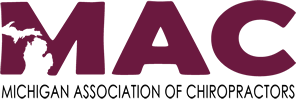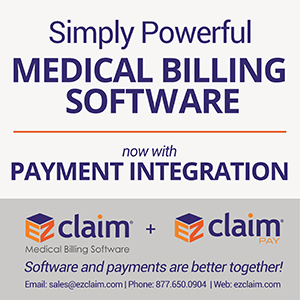Complete Story
06/08/2017
Michigan Supreme Court Ruling Pits Patients Against Providers When Insurers Refuse to Pay
Decision Prevents Health Care Providers From Suing Auto No-Fault Insurers on Behalf of Auto Accident Patients; MAC Working with CPAN on Potential Legislative Remedies
On May 25, the Michigan Supreme Court ruled in a landmark decision that will prevent medical providers from suing insurance companies on behalf of auto accident patients for payment of services rendered. In the decision, the Court stated: “We therefore hold that healthcare providers do not possess a statutory cause of action against no-fault insurers for recovery of personal protection insurance benefits under the no-fault act.” The case, Covenant Medical Center v State Farm Mutual Auto Insurance, is expected to result in a windfall of profits for insurance companies and will greatly increase lawsuits in Michigan’s no-fault system while leaving patients on their own without a safety net.
The MAC legal and legislative teams are working closely with experts from CPAN, the Coalition Protecting Auto No-Fault, on potential legal and/or legislative remedies to this disastrous Michigan Supreme Court decision.
According to the legal experts at CPAN, the Covenant decision marks a radical departure from more than 20 years of case law from the Michigan Court of Appeals, who repeatedly held that healthcare providers had a statutory cause of action against no-fault insurers. Yet the Court called such longstanding decisions “unconvincing” and “devoid of the statutory analysis necessary to support that premise.”
More Questions Than Answers
Unfortunately, the Covenant decision begs more questions than it answers. The Court offered little or no guidance on critical issues surrounding the implementation of the holding, including the following:
- Retroactivity v. Prospectivity: The Court did not address whether its decision is retroactive (i.e., applying to all cases currently in litigation) or prospective (i.e., applying to cases filed after the decision). The answer to this question will have enormous financial implications for health care providers who have pending lawsuits that relied on the established case law that Covenant overruled, and it could therefore result in hundreds of millions of dollars in unpaid medical expenses. Unfortunately, the Court has left the answer to this question to the trial courts – a process that will result in significant delay, confusion, and inconsistency.
- Assignments of Benefits from Patient to Provider: In an important footnote, the Court stated: “[O]ur conclusion today is not intended to alter an insured’s ability to assign his or her right to past or presently due benefits to a healthcare provider.” Yet Section 3143 of the No-Fault Act prohibits the assignment of future benefits. There will thus be great uncertainty over how to handle cases involving assignments, particularly when a provider continues to render treatment to an injured person while litigation is pending.
One result is clear: Covenant puts the injured person in the cross-hairs of litigation. The Court held that a healthcare provider’s sole recourse is to “seek payment from the injured person for the provider’s reasonable charges.” Thus, healthcare providers will now be forced to sue their patients for unpaid balances. This will mean more auto accident victims retaining more lawyers and more lawsuits filed – all of which our no-fault system was designed to avoid.
The MAC is working with attorney Leslie Kohn on strategies chiropractors who have lawsuits against auto no-fault companies for unpaid patient bills can use moving forward. Look for future editions of the MAC Week in Review and eJournal for more information as it becomes available.
Sources:
Coalition Protecting Auto No-Fault Press Releases, “Covenant Medical Center v. State Farm: A Disastrous Destabilization of Michigan’s Auto No-Fault System, June 5, 2017; “Michigan Supreme Court Ruling Pits Patients Against Providers When Insurers Refuse to Pay,” May 26, 2017


